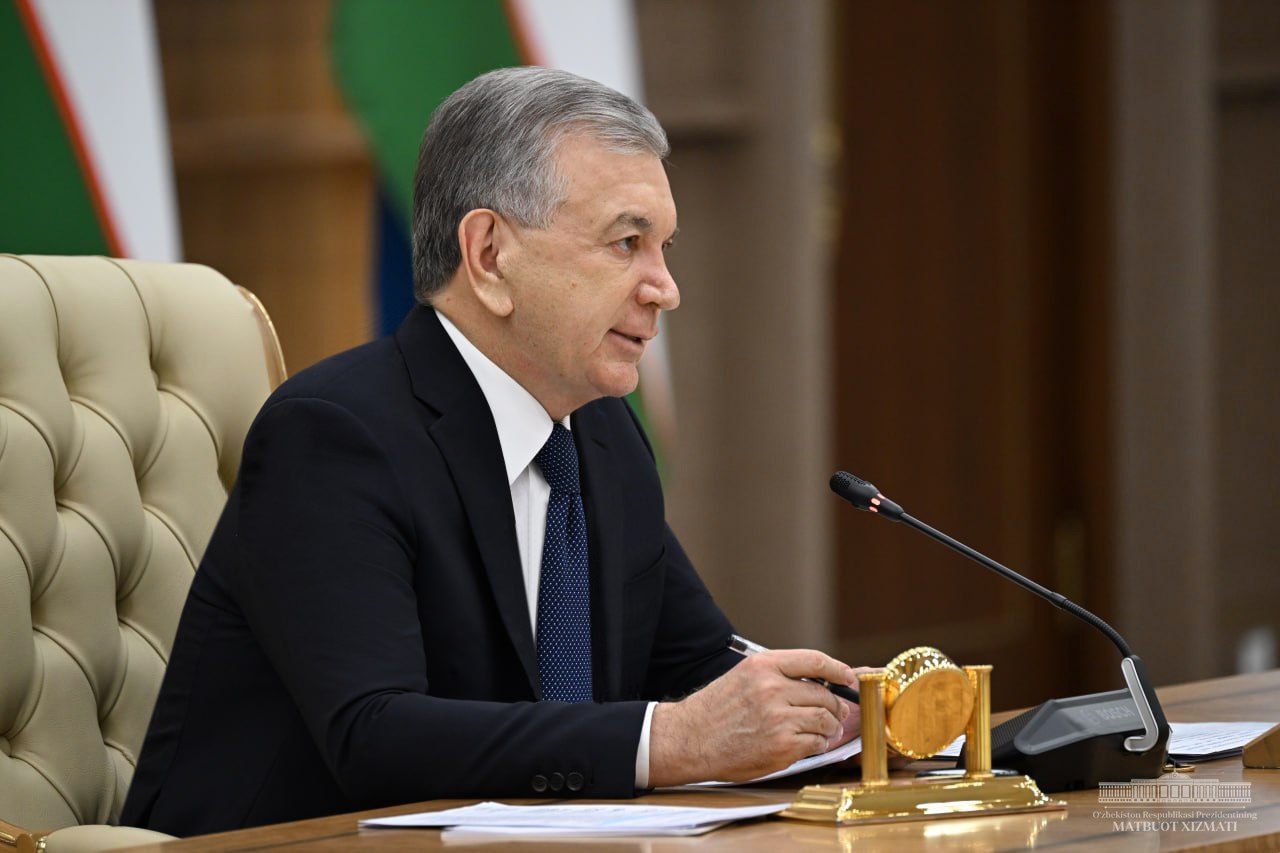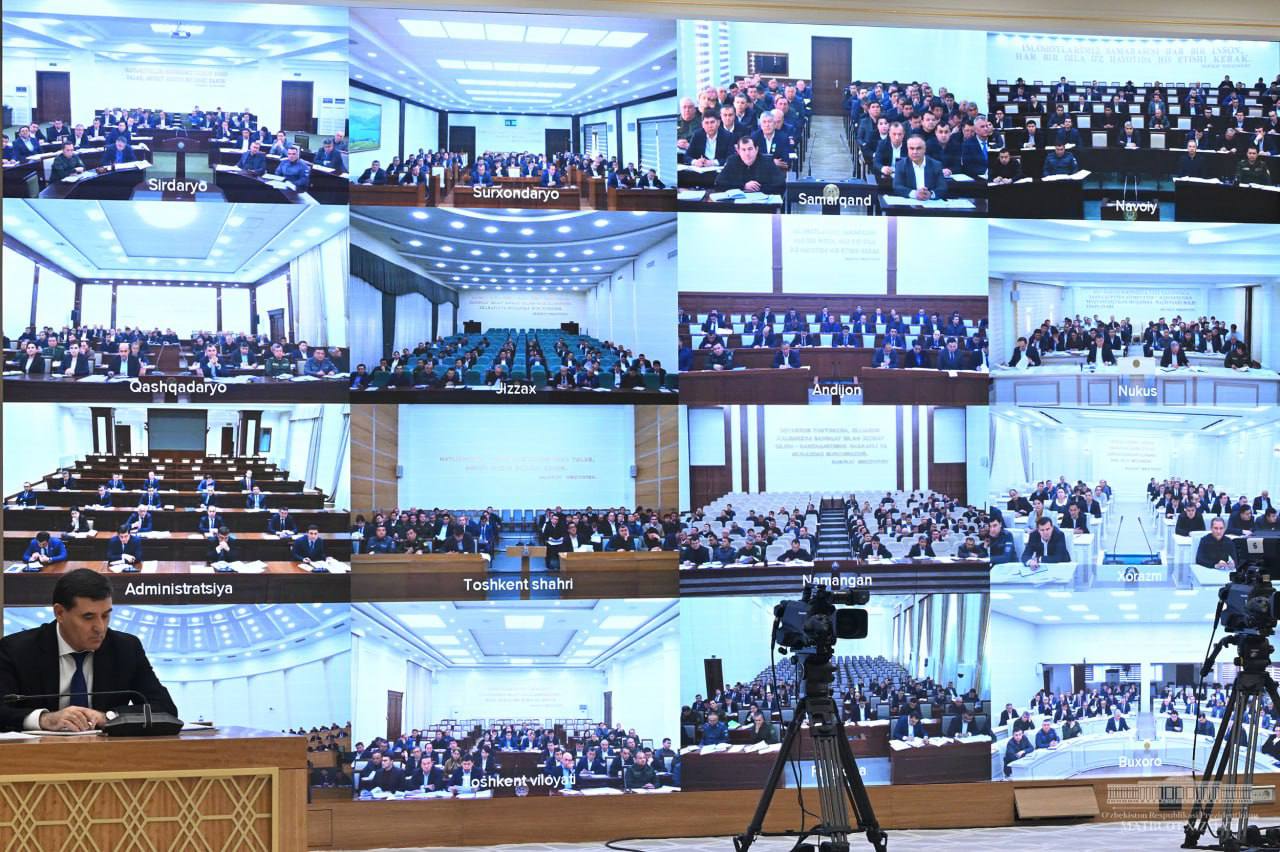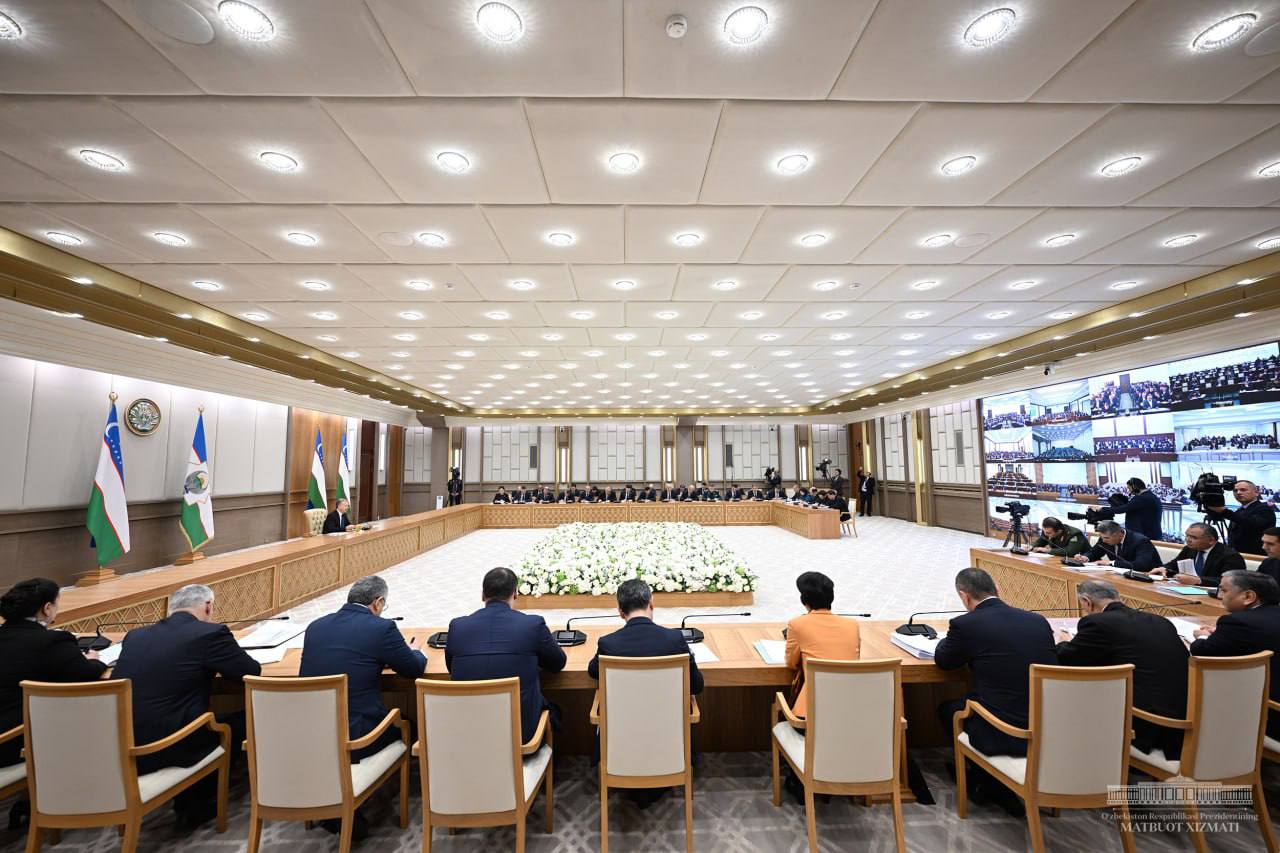In Uzbekistan, banks will start offering unconditional loans of up to 300 million sums.
As part of the "Support for Small Business" program, an unconditional loan of 300 million sums will be provided. This initiative is expected to create jobs for 1.5 million people in the coming years. This was discussed on December 16 during a meeting chaired by the President of Uzbekistan, focusing on priority tasks for ensuring employment and increasing the income of the population in mahallas with the participation of banks.
The meeting explored new opportunities and future plans, reports the press service of the head of state.

- The year 2025 will be crucial for ensuring employment and reducing poverty, - emphasized Shavkat Mirziyoyev.
It was noted that previously banks received funds for family entrepreneurship programs exclusively from the government. The People's Bank took the initiative to start issuing loans of up to 50 million sums without requiring unnecessary documents and collateral under the "Financial Accessibility" program with the support of the Asian Development Bank.
Following this example, in 2025, nine state banks plan to allocate 1 billion dollars in the form of loans, which will provide income for 250 thousand people.
Next year, cooperatives for fish farming, rabbit breeding, livestock farming, and beekeeping will be organized in 30 districts. A total of 500 billion sums will be allocated for this purpose.

Startup projects that attract investments and create jobs will receive support. State banks will establish venture companies and allocate 50 million dollars to support startups in mahallas. Each bank is recommended to find a private partner to create business accelerators.
The meeting paid special attention to reducing unemployment in underdeveloped areas. To achieve this, experienced entrepreneurs from other regions will be attracted by providing them with preferential loans and additional funding for infrastructure. This will generate income for 1.3 million people.
If the government creates the necessary infrastructure, entrepreneurs are ready to implement 3,500 projects worth 31 trillion sums and create 200 thousand new jobs. Next year, 1 trillion sums will be allocated for the infrastructure of these projects.
Analysis also revealed that unprofitable crops are being grown on 85 thousand hectares of land, which diminishes their efficiency. These lands will be consolidated into larger plots and leased to leading entrepreneurs. The tenant will receive rental payments and a share of the product sales.
It was noted that 60 advanced cities and districts have the potential to completely eradicate unemployment and poverty. To achieve this, it is necessary to employ 2 million people and lift 417 thousand families out of poverty.
Achieving this goal requires a financially stable banking system. It was emphasized that it is important not to rely solely on state funds, but to attract 6 billion dollars from external sources. Additionally, the task has been set to increase the volume of public deposits to 11 billion dollars in the coming year.

This year, microfinance and factoring services totaling 5.5 trillion sums have been provided. Now state banks will be able to open their own microfinance and factoring companies by attracting foreign investors.
The meeting also discussed the challenges facing banks and proposed solutions. For example, banks have 3 thousand real estate properties on their balance sheets, the sale of which could provide additional resources and create 150 thousand jobs.
Banks will be allowed to sell these properties directly at market value. Furthermore, there are proposals to amend legislation to simplify the process of enforcing claims on pledged property and expedite its sale.
The head of state emphasized the need to strengthen financial discipline and personal responsibility at all levels of the financial and banking system.
During the meeting, regional heads and bank leaders voiced plans for 2025 aimed at ensuring income for over 5 million people and lifting 1.5 million citizens out of poverty.